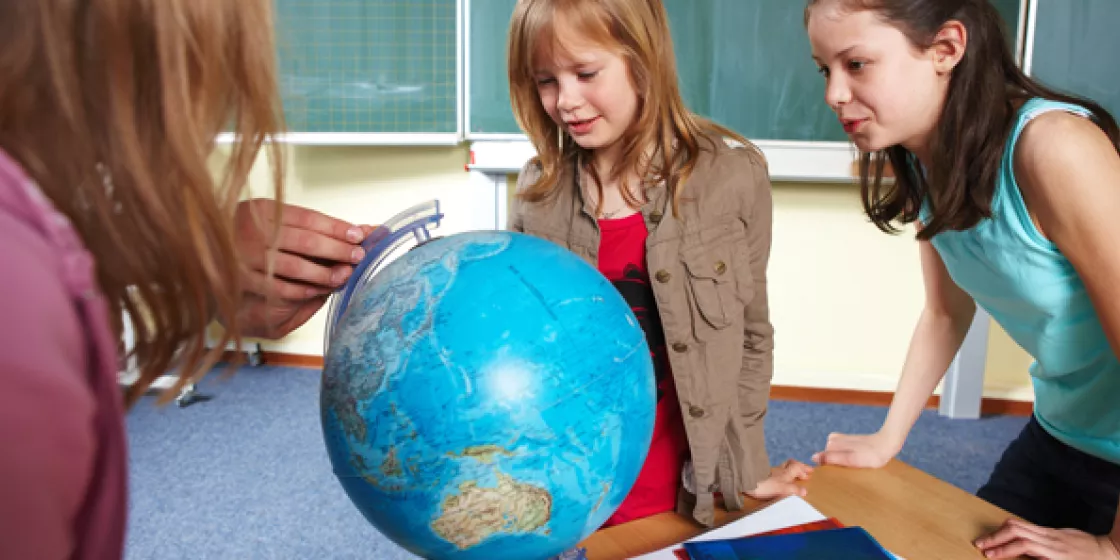Report of the Empowerment for Climate Leadership Program in Tanzania, June 2018
“If you are a wise person, you are a learner and an educator!” With this idea, the 3 weeks of exchange within the “Empowerment for Climate Leadership program” (ECL) started in Tanzania, June 2018. 24 young climate activists from India, Tanzania and Germany met there to work and exchange on different ways of implementing the SDGs and Agenda 2030 on local, regional and national level. Here, you find a short recap of some events in the very inspiring first half of the exchange organized by CAN Tanzania...
